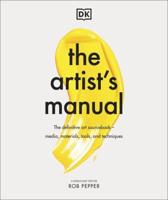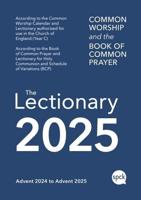Publisher's Synopsis
In Improvisation, Samuel Wells defines improvisation in the theater as "a practice through which actors seek to develop trust in themselves and one another in order that they may conduct unscripted dramas without fear." Sounds a lot like life, doesn't it? Building trust, overcoming fear, conducting relationships, and making choices--all without a script.
Wells establishes theatrical improvisation as a model for Christian ethics, a matter of "faithfully improvising on the Christian tradition." He views the Bible not as a "script" but as a "training school" that shapes the habits and practices of the Christian community. Drawing on scriptural narratives and church history, Wells explains six practices that characterize both improvisation and Christian ethics. His model of improvisation reinforces the goal of Christian ethics--to teach Christians to "embody their faith in the practices of discipleship all the time."









